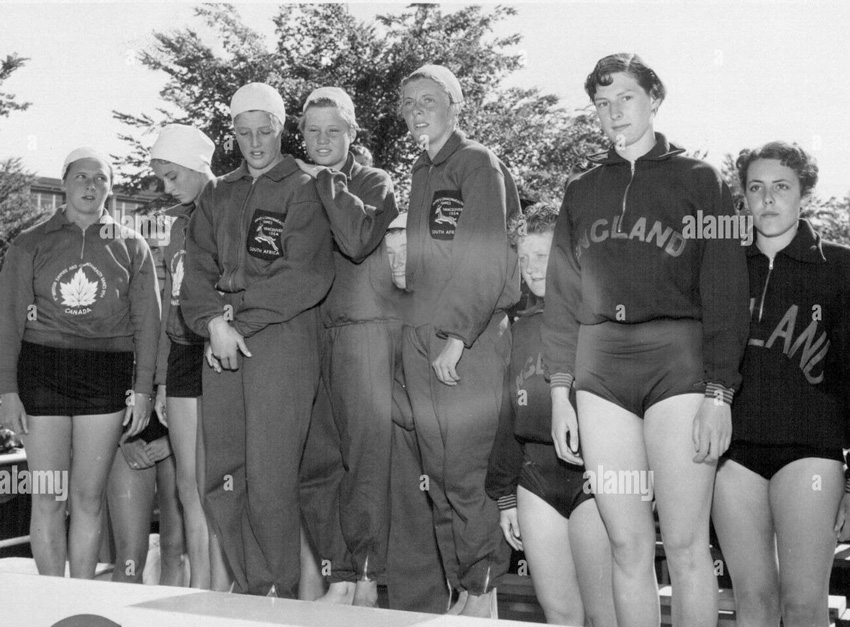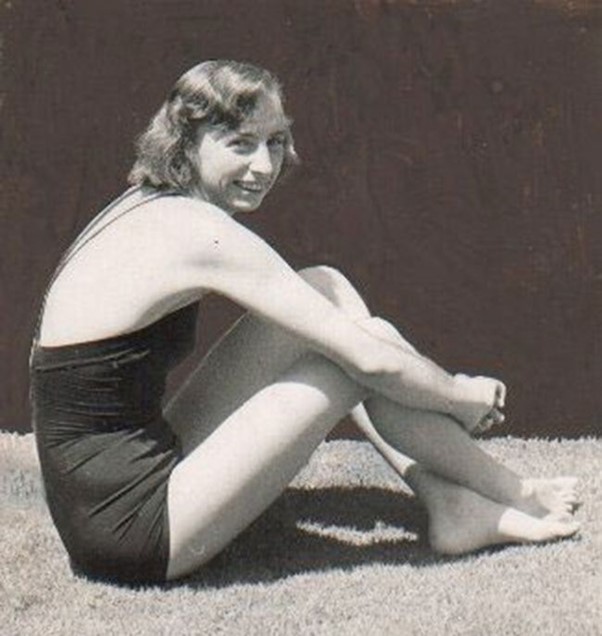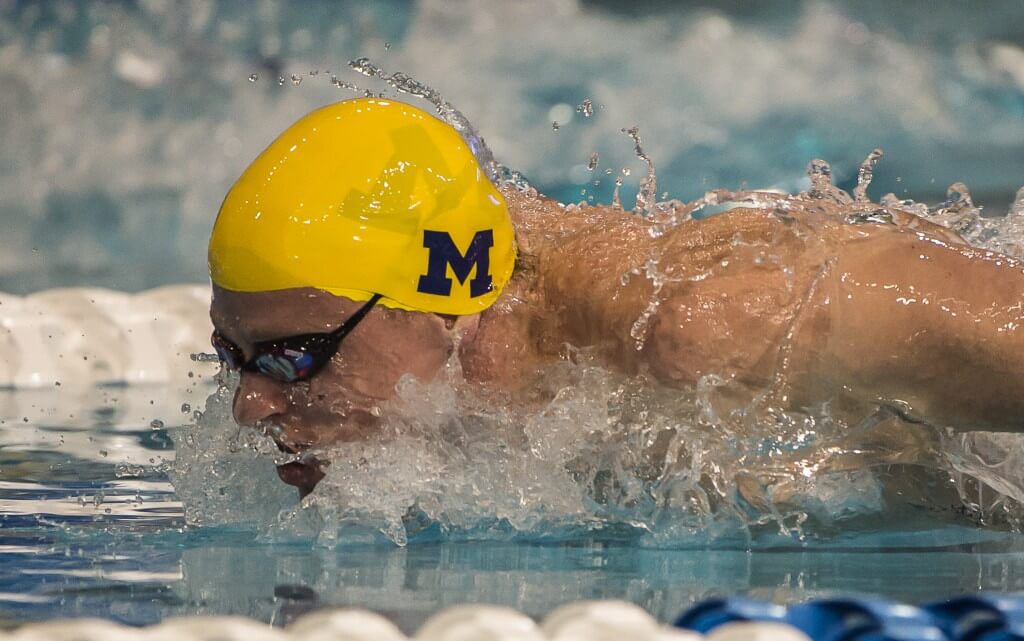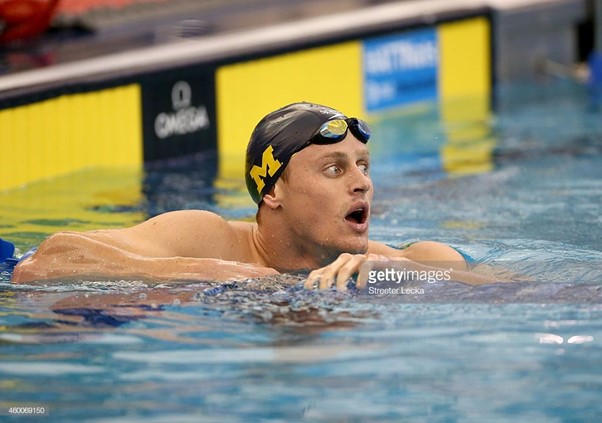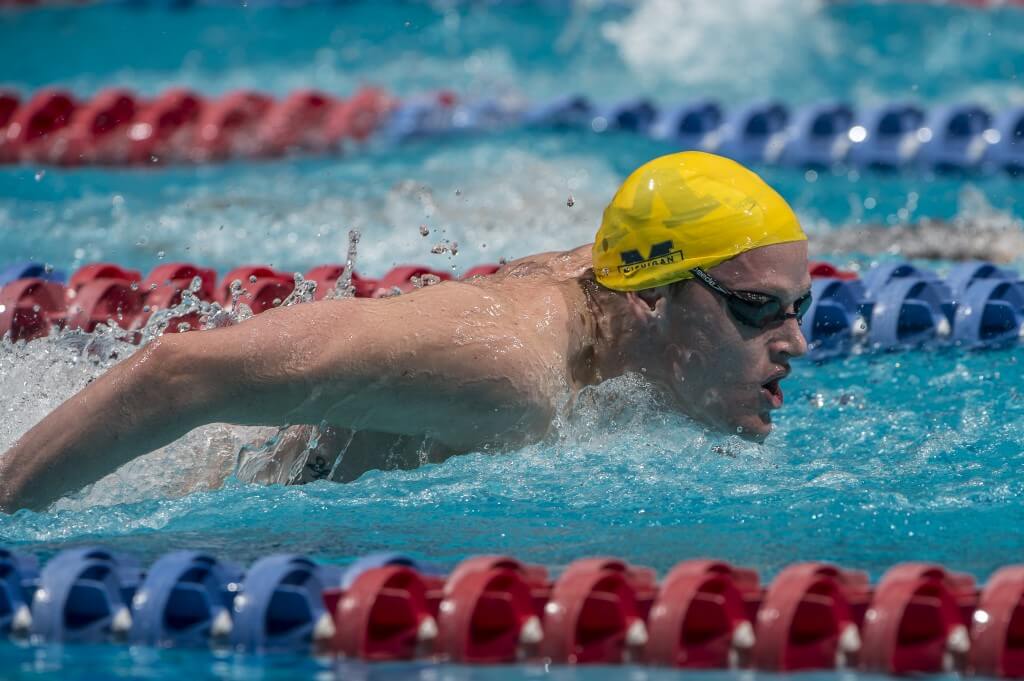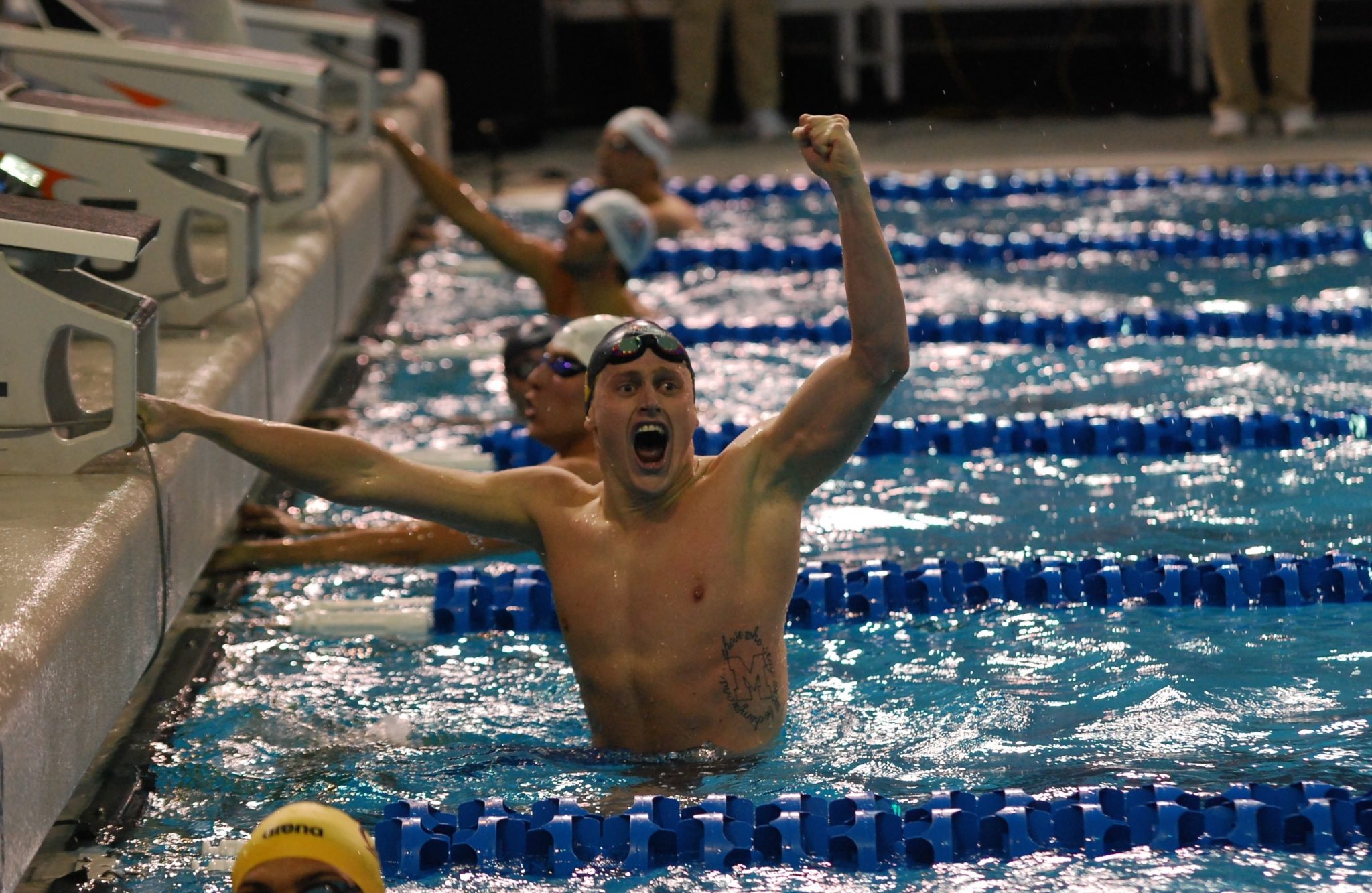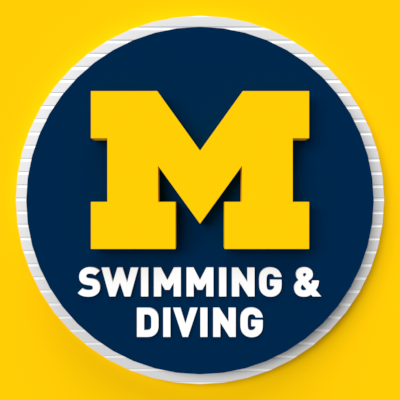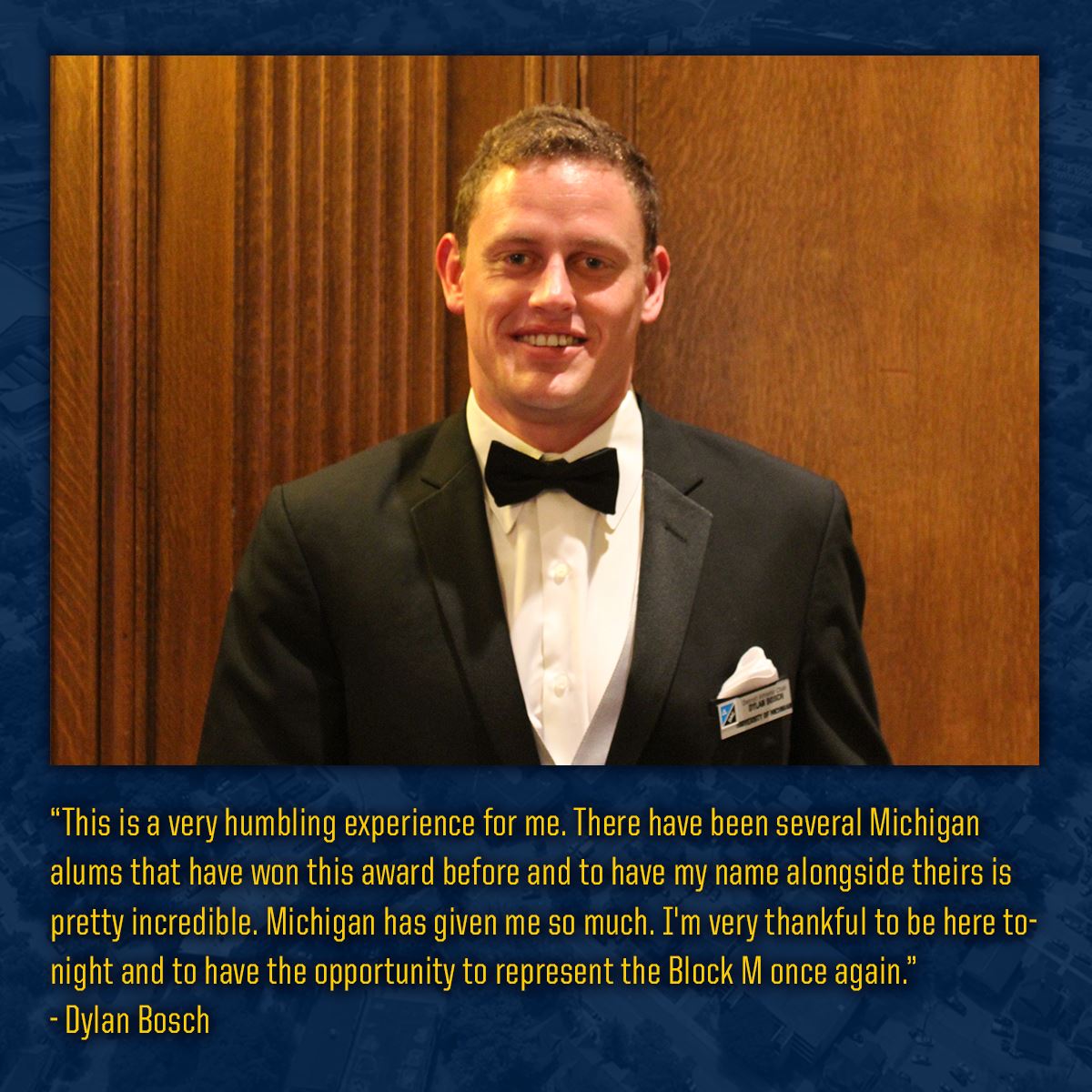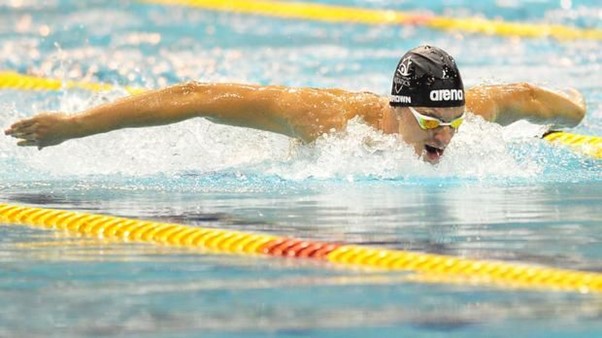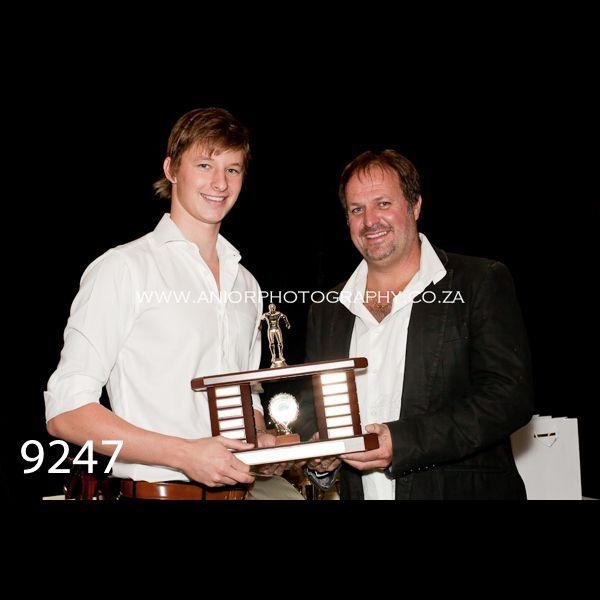Gideon Louw
Gideon Louw
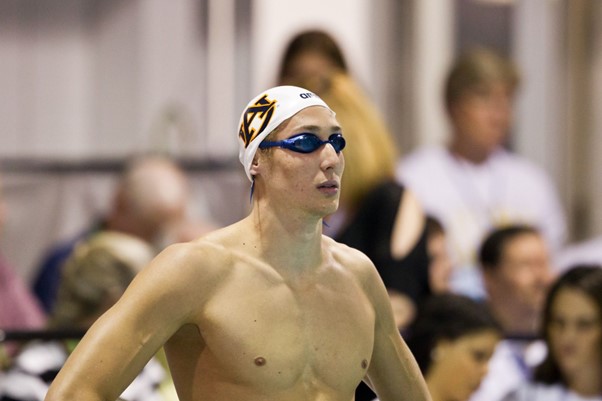
Gideon hails from Pretoria, where he graduated from Hoërskool Menlopark in 2005. He swam with the Pretoria Aquatic Club. He competed at the 2008 Summer Olympics in Beijing and at the 2012 Summer Olympics in London.
At the 2010 Commonwealth Games in India, Gideon was a member of the South African relay team that a silver and a bronze, while he also finished fourth in the 100m freestyle.
He also took 4 medals at the 2011 All-Africa Games in Maputo, Mozambique.
Gideon won a scholarship to swim in the United States. Louw began his collegiate career at Indian River State College in Ft. Pierce, Fla., where he was a seven-time NJCAA champion in 2008, winning the 50 free, 100 free, 200 free, 200 free relay, 400 free relay, 800 free relay and 400 medley relay. For his efforts, he was named NJCAA Swimmer of the Year.
He earned a degree in exercise science from Auburn University in 2011 and a master's degree in exercise physiology from Florida State in 2014.
After Minnesota Gideon was appointed as an assistant swimming coach at Auburn University, and in August 2024 he moved to the University of Pittsburgh, as associate head coach.
Gideon Louw is married to Shanda Louw, also a former Division I swimmer.
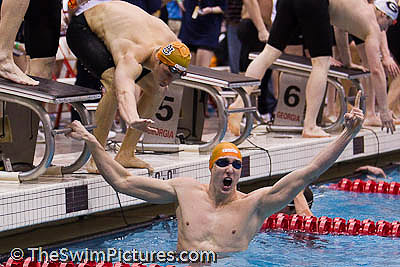
Personal Best Times
| Event | Course | Time | Pts. | Date | City (Nation) | Meet |
|---|---|---|---|---|---|---|
| 50m Freestyle | 50m | 21.92 | 868 | 2 Aug 2012 | London (GBR) | XXX Olympic Games |
| 100m Freestyle | 50m | 48.29 | 913 | 31 Jul 2012 | London (GBR) | XXX Olympic Games |
| 200m Freestyle | 50m | 1:57.49 | 654 | 10 Feb 2012 | Missouri (USA) | Grand Prix |
| 50m Backstroke | 50m | 28.97 | 537 | 15 Dec 2004 | Kings Park | KZN Level 2-3 Provincial ... |
| 100m Backstroke | 50m | 1:04.25 | 517 | 15 Dec 2004 | Kings Park | KZN Level 2-3 Provincial ... |
| 200m Backstroke | 50m | 2:26.49 | 445 | 15 Dec 2004 | Kings Park | KZN Level 2-3 Provincial ... |
| 50m Butterfly | 50m | 27.31 | 542 | 8 Apr 2005 | East London | South African Championships |
| 100m Butterfly | 50m | 1:02.14 | 503 | 15 Dec 2004 | Kings Park | KZN Level 2-3 Provincial ... |
| 100m Freestyle Lap | 50m | 47.65 | - | 9 Oct 2010 | Delhi (IND) | XIX Commonwealth Games |
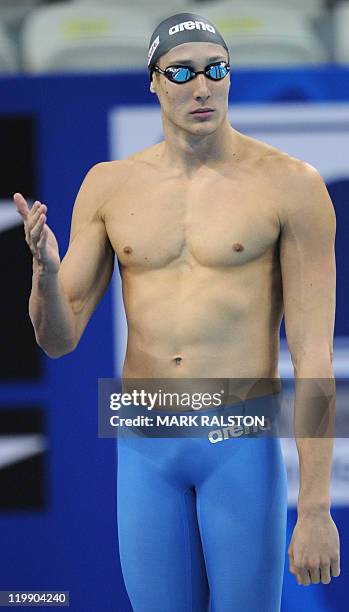
Former South African Olympian adjusts to Gophers assistant job
November 12th, 2014
At the highest level of his swimming career, Gideon Louw represented South Africa as a freestyle swimmer in the 2008 and 2012 Summer Olympics.
Now, nearly two years removed from his last Olympics meet, Louw is a first-year assistant coach at Minnesota, joining the Gophers in early July. Senior C.J. Smith said the team was unsure what Louw would be like as a coach, but Smith has already noticed Louw’s impact. “After one of the practices, there must’ve been a flame lit under him or something because he was really energetic on the pool deck. I think that’s what some [of the] guys need, that one [person] to be encouraging with a little edge,” Smith said. Beginnings to his success Louw started swimming at age 7 when his mother wanted him to get out of the house and be active. His passion for the sport didn’t start at that young age, however.
It wasn’t until high school that Louw began to take swimming seriously. “I was around 15 or 16 when the South African relay in the [2004] Athens Olympics broke the world record in the 400 [meter] free relay,” Louw said. “I was like, ‘Wow, what are these guys doing? That looks pretty cool.’”
Watching the relay team, which trained in Arizona, sparked Louw’s interest in training in the United States. Those aspirations became a reality when Indian River State College in Florida called him and gave him the opportunity to swim.
“There was a guy with my same last name [who swam] a few years back around 1994 [for Indian River],” Louw said. “He was from South Africa, too, and he told the coaches about me, [since] he kept up with swimming in South Africa.
It turned out that [Indian River] thought that we were cousins or something like that, so they called me and said that they heard about me through him and that they were really interested in me.” Louw ultimately decided to compete for Indian River, where he became a seven-time National Junior College Athletic Association champion in 2008. After a successful two years at the community college, Louw transferred to Auburn to finish off his junior and senior years of eligibility.
During his tenure at Auburn, he helped his team claim its eighth NCAA men’s swimming and diving championship as a junior. As a senior, he took third at the NCAA championships in the 100-yard freestyle, and he placed second in the 200-yard medley relay, the 200-yard freestyle relay and the 400-yard medley relay. From Olympian to college coach Louw’s first experience at the Olympics was in Beijing in 2008. He qualified for the 50-meter freestyle, where he finished 12th overall.
But his Olympic venture didn’t stop in Beijing. In 2012, Louw qualified for the London Olympics in three events: the 50-meter freestyle, the 100-meter freestyle and the 100-meter freestyle relay. He finished ninth, tied for ninth, and fifth in those events, respectively. After competing in the London Olympics, Louw returned to the U.S. and graduated from Auburn with a degree in exercise science.
However, instead of continuing his swimming career, he decided to put that aside and pursue a master’s degree in exercise physiology. Louw chose to complete his master’s degree at Florida State University. “Florida State had a very good program in exercise physiology,” Louw said. “[But] I also based [my decision] on where I [could] get a graduate assistant position. I knew the head coach there very well … at the time, and he was kind enough to take me on as a graduate assistant on the team.” It took two years for Louw to complete his master’s program, but it seemed like perfect timing for him as an assistant coaching position became vacant at the University of Minnesota.
A new home in Minnesota Louw went through a formal application process with Minnesota like many other hopeful assistant coaches, but he was part of a select few who were in a final committee search list. “We had a searching committee set up,” Gophers head coach Kelly Kremer said. “Gideon’s name came through that whole process as one of the finalists that we brought in to interview.”
Louw said he expected the selection committee to be intimidating, knowing that Minnesota is a prestigious program and that it expects the best interviewees. “I was very surprised by how welcoming everybody was,” Louw said.
“[Everyone] was eager to get to know me and [wanted] to see if I would be a good fit for them just as much as I wanted to see if [Minnesota] was a good fit for me. I was just really intrigued by the sense of family that they have here.”
It didn’t take long for Minnesota to reciprocate that positive feeling, hiring Louw to the position a little more than a week after the interview. “We were all really impressed with his level of professionalism and maturity,” Kremer said. “He has experienced the highest level of this sport, being an Olympian and a national champion at Auburn and [at] Indian River community college. We were really impressed with him and [the things that] he can bring to our program.”
Louw said he lucked out in his swimming career with all of the successful programs he has joined. “I met a lot of people along the way that [have] helped me grow as a swimmer and grow as a coach, and as well as a person,” Louw said. “It was a long journey, but [so far] it’s a great journey.”
Former Auburn national champion joins swimming staff
17 May 2018 AUBURN, Alabama —
Auburn hired one of the last swimmers to be part of a national championship at Auburn to join Gary Taylor's new staff on the Plains. Gideon Louw, who was a part of Auburn's 2009 as a junior, was announced Thursday as the third member of Taylor's swimming and diving staff at Auburn. Louw has been an assistant coach at Minnesota for the last four seasons, including two as associate head coach.
The Gophers finished 15th nationally as a program at the NCAA Championships in the spring. “I want to thank Gary for the opportunity to come back to the Plains,” Louw said statement. “I’m looking forward to working with this very motivated staff to get Auburn back to where it deserves to be.” Louw coached the sprint freestyle group and was also a key recruiter on the Minnesota staff. “Gideon has been a member of the Auburn family and we are really excited to have him back on the Plains,” Taylor said in a statement. “He has extensive experience working with sprinters at Florida State and Minnesota. He has done a tremendous job developing athletes and has coached an Olympic gold medalist and a Big Ten record holder. He understands the Auburn philosophy, the culture and what it means to work hard and develop champions.
He is going to be a tremendous addition and I think he and Duncan (Sherrard) moving forward will rebuild the speed and power program at Auburn.” Louw was an Olympian for South Africa in 2008 and 2012. He holds the eighth-best times in the 50-meter free and 100-meter free at Auburn. He also a part of the school record times for the 200 and 400 free relay teams. Louw won three national titles in the 200-free relay and the 200- and 400-medley teams in 2009. The 200 medley relay team set the NCAA record with a time of 1:14.08. “It is a big honour to come back to Auburn,” Louw said. “I feel like I am picking up where I left off.
As a former athlete at Auburn, I am excited for the opportunity to, once again, put in hard work to help realize the success that the Auburn Swimming and Diving program deserves.” Louw began his coaching career at Florida State as a graduate assistant before his four-year stint at Minnesota. He coached sprinter Bowen Becker to a Big 10 championship in the 50 free. “I’d like to thank head coach, Kelly Kremer, and the Minnesota staff for the great opportunity and experience that I have had at Minnesota,” Louw said. “Working with them has been a privilege and I have learned a great deal the past four years.”
Louw was inducted into the NJCAA Hall of Fame in 2014 and into the Indian River State College Hall of Fame in 2013. He graduated with a degree in exercise science from Auburn in 2011 and later picked up a master’s degree in exercise physiology from Florida State in 2014. “Auburn has been a central anchor in my life,” Louw said. “My wife Shanda and I got engaged on Pat Dye Field at Jordan-Hare Stadium, and this exciting announcement comes along on our fourth wedding anniversary, making today even more special.”
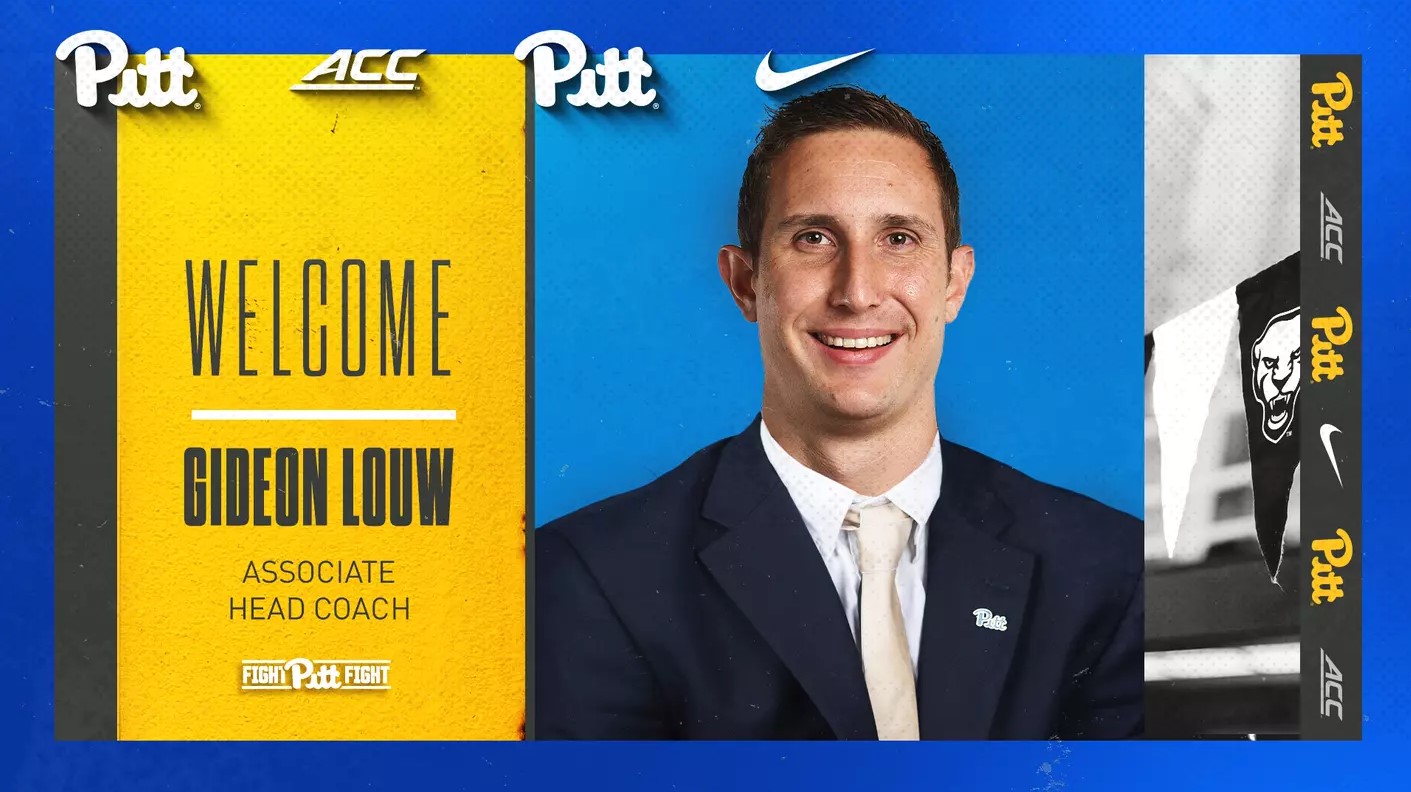
Olympian Gideon Louw Joins Pitt Swimming & Diving Program as Associate Head Coach
8/27/2024
PITTSBURGH – Former Olympian and Olympic head coach, Gideon Louw, has been named as the associate head coach of the Pitt men's and women's swimming and diving program, as announced today by head coach Chase Kreitler.
"We are incredibly excited to add Gideon to our staff as an associate head coach," said Kreitler. "It is clear that Gideon's mentorship-based coaching approach and focus on positive relationships with student-athletes will fit right in with our coaching staff at Pitt."
Louw has spent the past six years at Auburn University as an assistant coach for the swimming and diving program, where he helped mentor 32 All-Americans. In addition, two of Auburn's women's relay teams broke numerous SEC and school records with the women's 400 free relay claiming the SEC title in 2019.
Over the past two seasons, Louw coached the Auburn men's team to two top-12 finishes overall at the NCAA Championships, including a 10th place showing in 2023. Last season, he collaboratively led the Tigers women's team to a 19th place finish at the 2024 NCAA Championships.
In addition to his coaching success at the collegiate level, Louw has also made an impact on the international stage. He served as the head coach of Guatemala's national team at the 2020 Olympic Games in Tokyo and was a two-time U.S. national team coach. Louw coached a contingent of five Olympians from various countries in Tokyo and produced multiple Olympic Gold Medal winning athletes while with the U.S. national team.
"His experience working with Olympians, NCAA All-Americans, SEC Champions, and Big Ten Champions will make an immediate impact on the performance of our team as we continue to build the program and seek to move up nationally," Kreitler added. "Gideon will primarily serve as the lead coach with our sprint athletes and have a significant impact on our relays as we look to build on the momentum we've started the past two years. We are excited to welcome Gideon, his wife Shanda and their two kids AJ and Lyndee to Pittsburgh!"
Prior to arriving at Auburn, Louw helped engineer a turnaround for the Minnesota men's relay teams in 2016 as an associate head coach. After sending no relays to the NCAA Championships in 2015, the Golden Gophers sent four in 2016 and then five in 2017 and 2018, with the 200-medley relay scoring in both 2016 and 2018 and the 400 free relay team scoring in 2017.
Louw went to Minnesota after serving two seasons as a graduate assistant at Florida State where he provided planning and implementation of workouts and provided analysis and instruction of swimming techniques, among other duties. While at FSU, Louw helped the Seminole men to a 14th-place finish at the 2014 NCAA Championships.
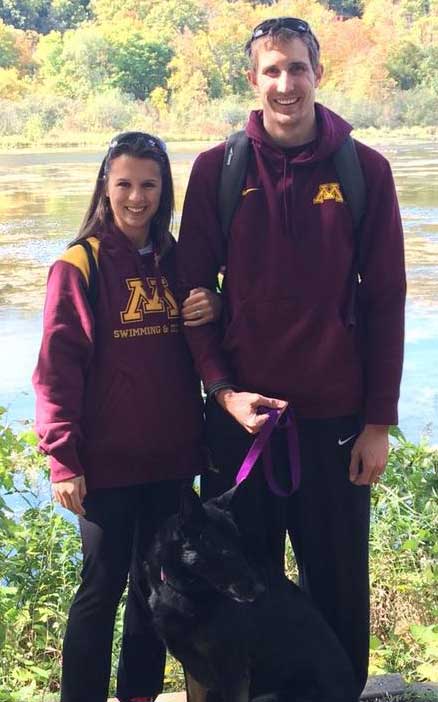
- Hits: 4898
